I'm asking you to love your family more than you hate mine
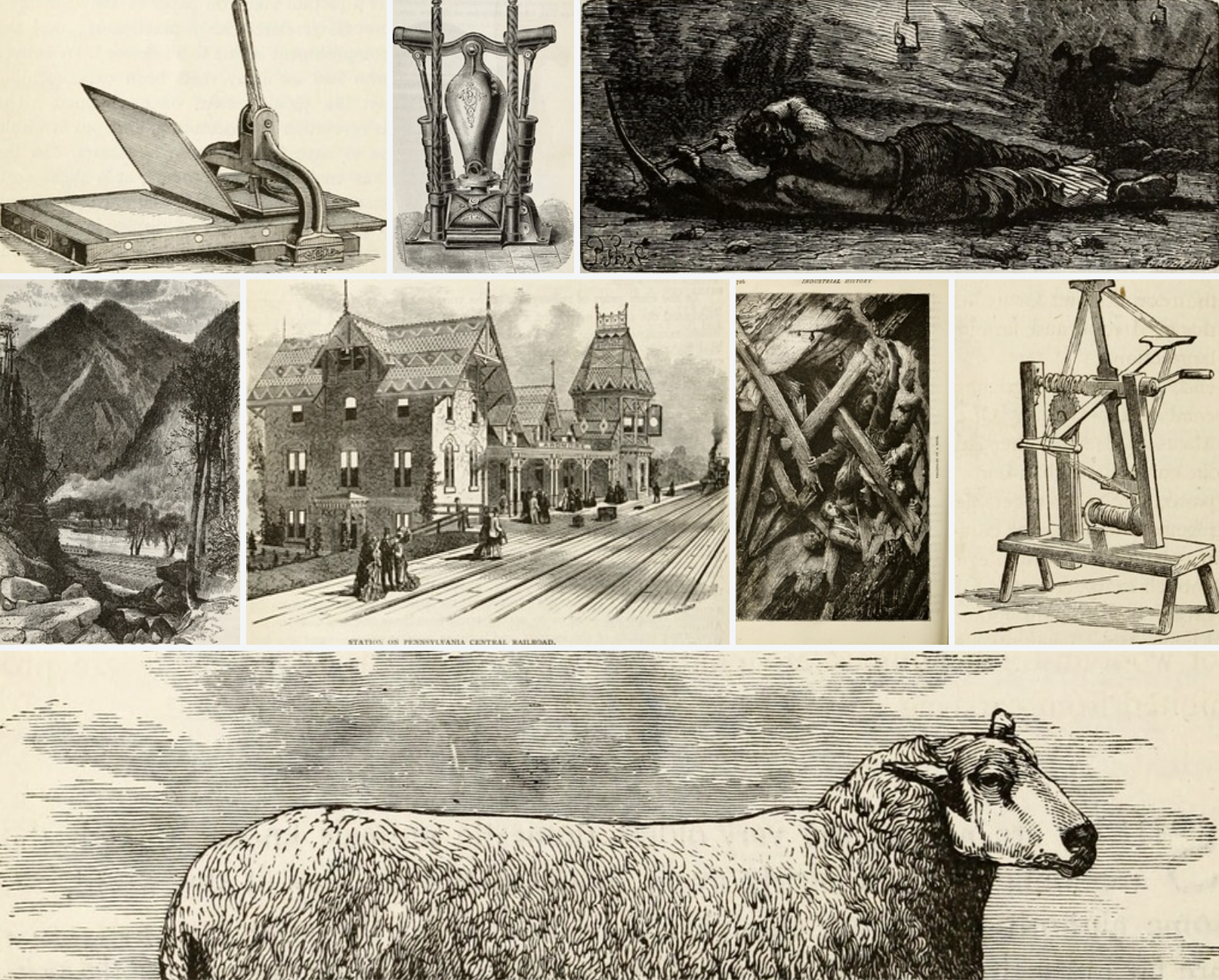
Thanks to Dave from Des Moines for sponsoring four Hell World subscriptions. If that's something you'd like to do too let me know.
I of course very much appreciate how every now and again some guilty lefty lawyer or whatever will be like I love what you do with Hell World here's $200 to spread the word. Meanwhile the right wing version of me gets a bag of $20 million in cash dumped on their front stoop every month from Poison All South American Babies Technologies. I shouldn't have had ethics or any fundamental beliefs man. I fucked up there.
If you haven't been paying attention to the heroic filibuster efforts by progressive lawmakers in Nebraska to delay the passage of gender-affirming care and abortion bans for many weeks now it's been really something to see. The AP reports:
Omaha Sen. Machaela Cavanaugh has led an effort to filibuster nearly every bill this session — even ones she supports — to protest the ban on gender-affirming care for minors. She has railed against conservatives who voted for the hybrid bill and warned that people, medical professionals and businesses will leave the state over it.
Cavanaugh declared in early March that she would “burn the session to the ground over this bill,” and she and a handful of progressive allies have followed through since. They have introduced hundreds of amendments and motions to slow every bill at every stage of debate, impeding the work of the Legislature and sending leadership scrambling to prioritize which bills to push through.
Senator Megan Hunt has been particularly dogged and inspiring in her speeches on the floor.
NE State Sen. Lou Ann Linehan (R) complains filibusters of anti-trans bills made her miss her grandson's preschool graduation.
— Heartland Signal (@HeartlandSignal) May 18, 2023
Sen. Megan Hunt (I): “You won't come off this bill that hurts my [trans] son. You hate him more than you love your own family. That's why you're here." pic.twitter.com/lqMybhuNaa
"I'm asking you to love your family more than you hate mine," Hunt said. "If you want to go see your grandson graduate from preschool, you should do that. Instead you are here to drag out this session because you won't come off this bill that hurts my son. You hate him more than you love your own family and that's why you're here."
The lawmakers are set to have a final vote on the "Let Them Grow Act" today.
Check this out. Holy shit.
“(NPR) couldn't find a single case of a police officer who reported being poisoned by fentanyl or overdosing after encountering the street drug that was confirmed by toxicology reports.” https://t.co/iB6PgNBVTz
— Ryan Marino, MD (@RyanMarino) May 16, 2023
"This has never happened," said Dr. Ryan Marino, a toxicologist and emergency room physician who studies addiction at Case Western Reserve University. "There has never been an overdose through skin contact or accidentally inhaling fentanyl."
You've got to be shitting me right now right? The cops have been lying about this the whole time?
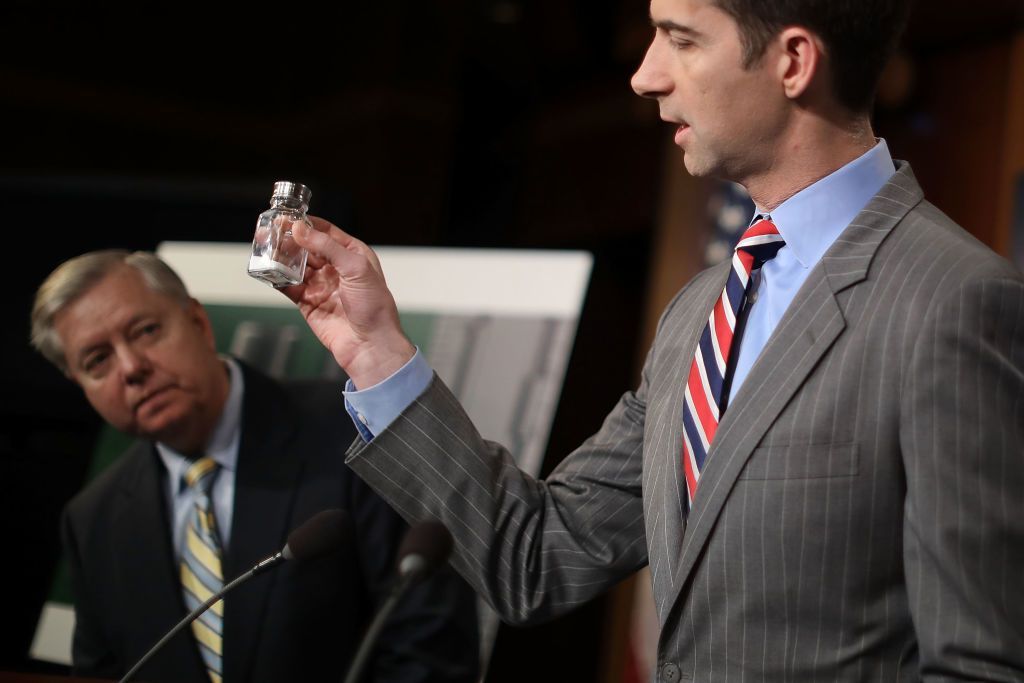
From Hell World last April:
Police lie. Constantly. If there’s any point at all I’ve managed to convey with this newsletter over the years I hope it is at least that. And they could not spread those lies so effectively without the help of the media and in particular local news who — I’m repeating myself here — far too often consider themselves duly sworn deputies in the public relations branch of law enforcement. ...
This whole thing where cops are rushed to the hospital after touching some fentanyl is one of the more easily debunked lies among the many that they like to tell but no matter how many times doctors and scientists and some reporters explain that it is very unlikely to happen this way there will always be a new round of news stories contributing to the panic. That’s because the opposite of what I said about the news media thinking they’re cops also holds true: Cops think they are — and often act as — assignment editors for local news.
They might as well be the way their press releases are passed along without any pushback. ...
None of which is to say that fentanyl isn’t actually dangerous when used and (I know you know this) anyone out there using right now should be especially careful. It’s just that it quite simply does not attack you like a sentient alien molecule riding on the air from host body to host body as the cops would have us believe.
The reason they want us to believe it does is obvious to anyone reading this but just to lay it out anyway the more dangerous the job of a cop appears and the more that idea is laundered through the media the harder it becomes for people to push back against anything they say or do never mind get anywhere remotely near something like defunding them. After all look at how valiant they are out there risking their lives every day to rid the streets of the scourge of dangerous drugs. For us.
It also provides further justification for destroying the lives of the people they arrest for possession of said drugs. If people like this can use drugs this dangerous they must naturally be inhuman.
Our pal Kim Kelly has a great piece of reporting out with In These Times this week. It's about the resurgence of black lung across central Appalachia. Here's how it starts. (Buy her very good book if you haven't.)
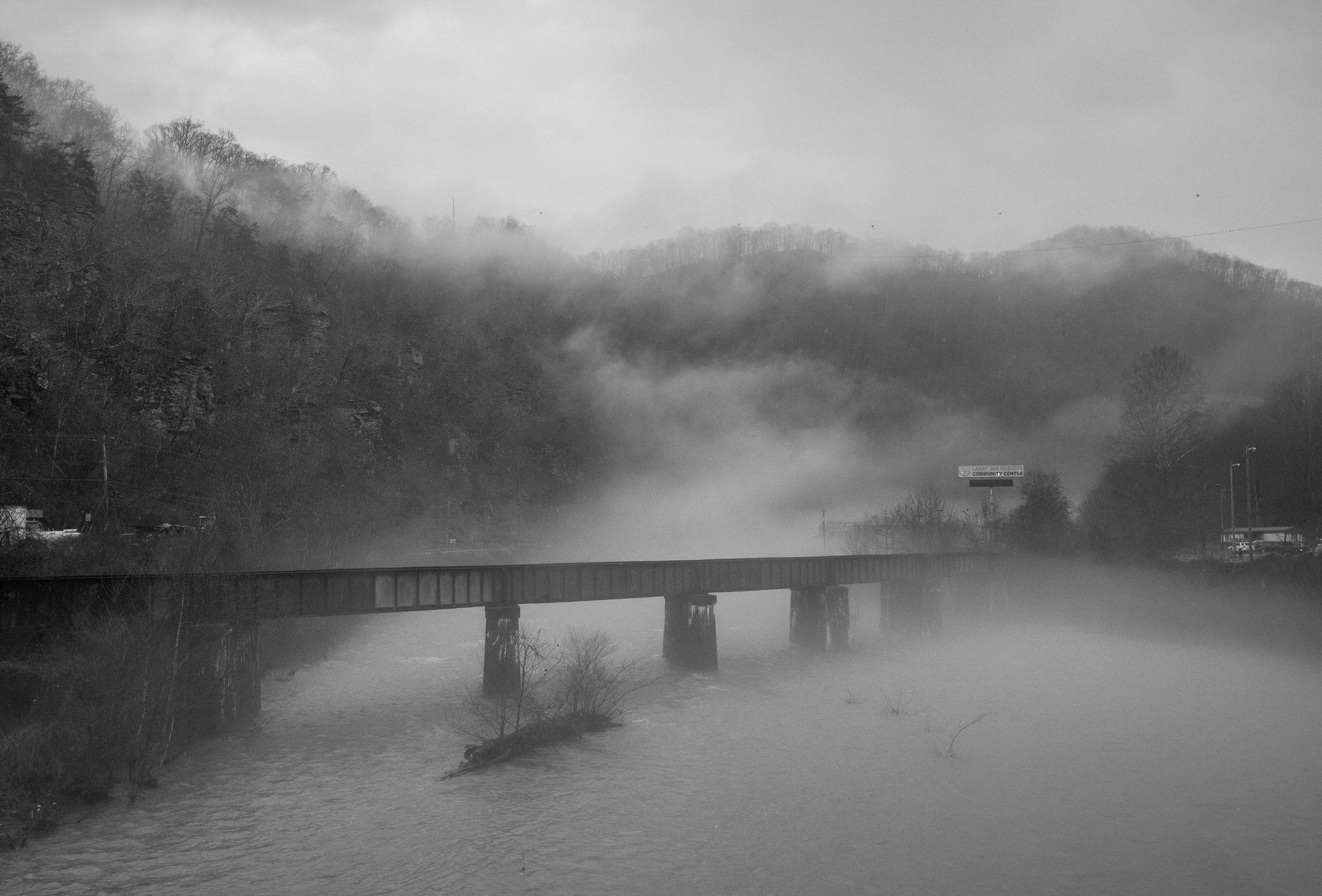
The Young Miners Dying of “An Old Man’s Disease”
Black lung is completely preventable. And it’s on the rise again
by Kim Kelly
Is that the wind you hear howlin’ through the holler?
Or the ghost of a widow that cries?
For every man that died for a coal company dollar
A lung full of dust and a heart full of lies”
—“It’s About Blood,” Steve Earle (2020)
Adaptation is a way of life for John Moore. He’s worked construction, run a wig shop and now promotes concerts. The wig shop idea came to him because his middle daughter was having trouble styling her thick, curly hair. He didn’t know much about wigs, or hair in general, so he learned and started turning a profit soon after the grand opening. That’s the kind of man he is — someone who’s always looking out for the next opportunity, the next chance to make it.
When we meet, Moore is wearing a black puffer jacket, a black durag, work boots and a cautious smile. He’s soft-spoken but firm, and he lights up when he talks about his wife and three kids. At a glance, he seems strong, the kind of person who can win an arm-wrestling contest or help you move — like a man with a lot of living left to do.
But instead, Moore, at only 42, is dying of black lung disease.
You see, Moore’s résumé also includes a few lines familiar to many people in Central Appalachia. He spent about 11 years running coal and clearing debris in the mines of Southern West Virginia. During that time, a cruel disease took up residence inside his chest cavity. Now, it is slowly destroying him from the inside.
He’s not alone. Across Central Appalachia — and specifically Kentucky, Virginia and West Virginia — coal miners are struggling to breathe. Many of them aren’t much older than Moore — and many are much younger. Journalist Howard Berkes investigated the spike in a series for NPR in 2012, and multiple studies before and after have shown black lung (known more formally as coal workers’ pneumoconiosis, or CWP) has been on the rise for the past decade.
“It was a big issue in 2009, 2010,” explains Noemi Hall, an epidemiologist in the National Institute for Occupational Safety and Health (NIOSH) based in Morgantown, W.Va. “But as time went on, it continued to increase in such a dramatic fashion that, when you look at some of the figures we’ve produced, it just seems unbelievable.”
Not only has black lung become more prevalent, but it has been impacting younger miners and those who have spent less time underground much more quickly and much more severely, according to recent data NIOSH shared with In These Times. In Kentucky and West Virginia, for example, black lung afflicts more than 1 in 8 coal miners who have been working underground for 20 – 24 years. That rate has risen from about 1 in 30 a decade ago. Rates are also creeping upward among those who’ve worked underground just 15 – 19 years — workers who may be as young as 33. Workers in their 30s and 40s are now making their way to the same black lung clinics that served their parents or grandparents and fighting the same battles against red tape and corporate malfeasance to win black lung benefits.
The primary cause is clear: It’s the silica dust filling the air as today’s miners have to dig through more and more layers of silica-laden rock to reach those storied Appalachian coal seams, which have been worn thin by centuries of prolific mining and are now much more difficult to access, despite (or because of) the heavy machinery that dominates the work. As one black lung clinic worker tells me: “Their daddies and granddaddies got all the good coal; now they’re left with the trash.”
Silica is 20 times more toxic than coal dust, and it is a silent killer. As the workers break through the layers of rock, silica dust clogs the air; it gets into their eyes, their noses, their throats and, eventually, their lungs. There, it bores into the tissue, scarring the delicate organs and causing irreparable damage. Eventually, it kills them. The coal dust that smudges miners’ skin, clings to their eyelashes (it’s not Maybelline) and causes coal workers’ pneumoconiosis is no longer the primary respirable hazard facing America’s coal miners; it’s “excessive amounts of silica,” Hall confirms.
Considering the state of the modern coal industry, the decline of unions in Central Appalachia and the geological realities of the region, an entire new generation of coal miners is at risk of drowning in their own lungs.
Read the rest here.
Kim previously wrote for Hell World in the Last Normal Day series here.
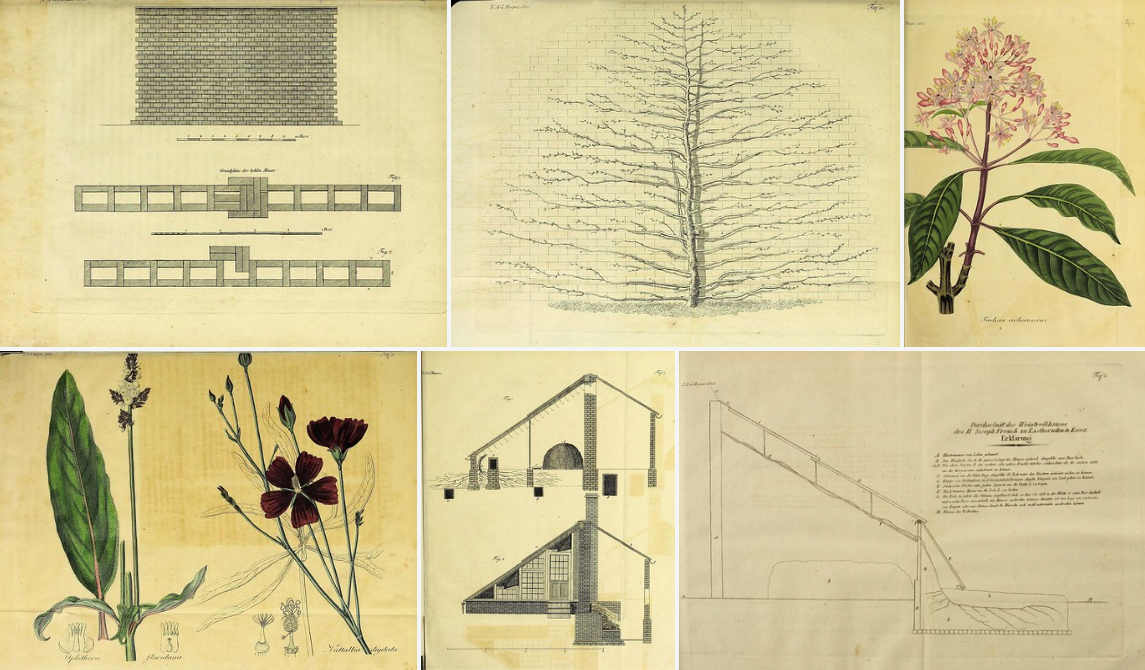
Before that she and I talked about why cops will never be considered part of any labor movement and the leftist case for gun ownership here.
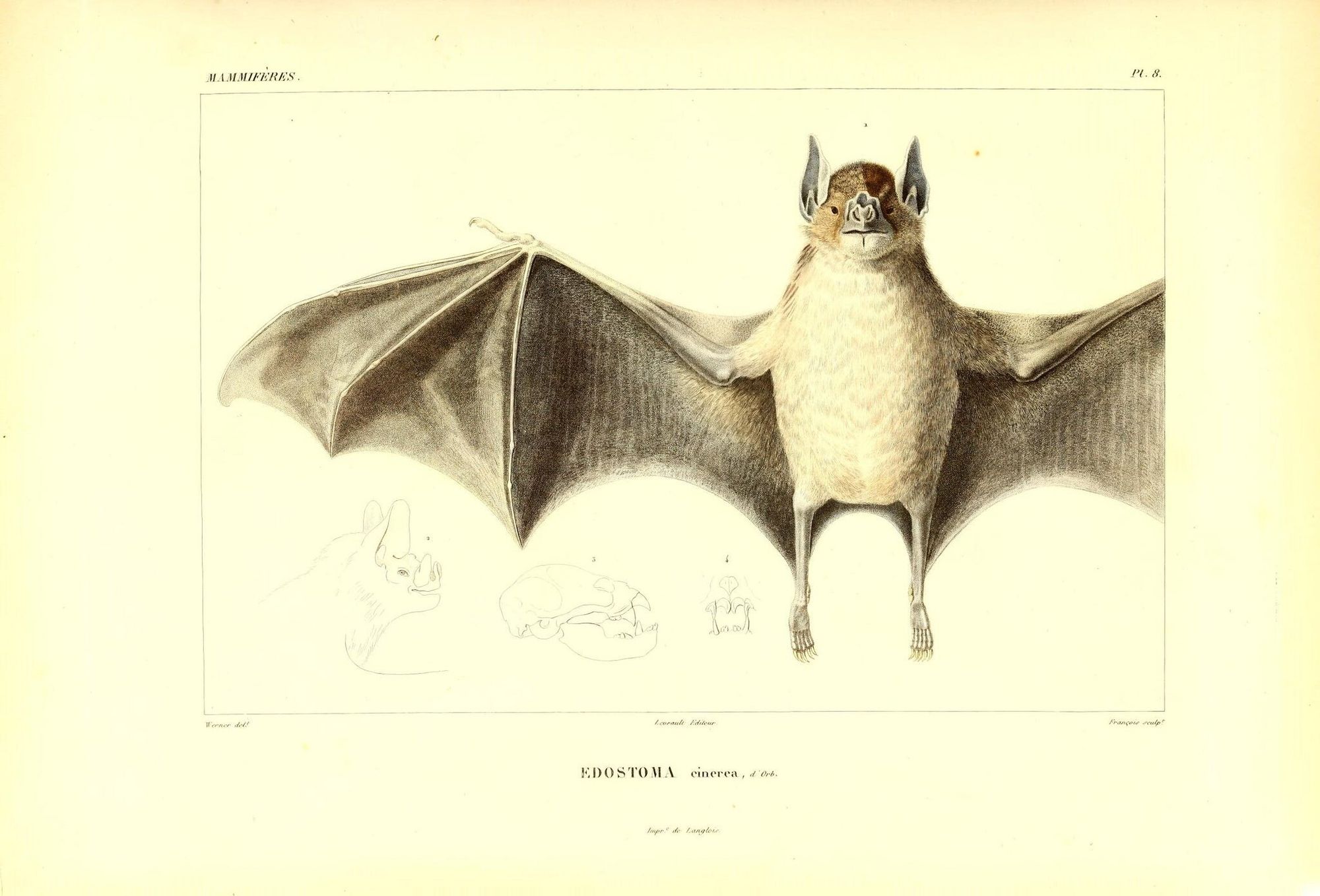
She was also very kind to blurb A Creature Wanting Form.
“Luke O’Neil has made an art of staring into the void, meticulously cataloging its horrors, and then telling them all to fuck right off. His new book is a gorgeous, unsettling, infuriating collection of essays and stream-of-consciousness poems about the daily carnage of American life, the ugly lows and brief, glittering highs of scraping by as what passes for a normal person in this country. There really is no one else out there doing what he does, and we’re lucky to have him (though good luck saying something as soft as that to his face).”
—Kim Kelly, author of Fight Like Hell: The Untold History of American Labor
Here's a quick one from the book in question:
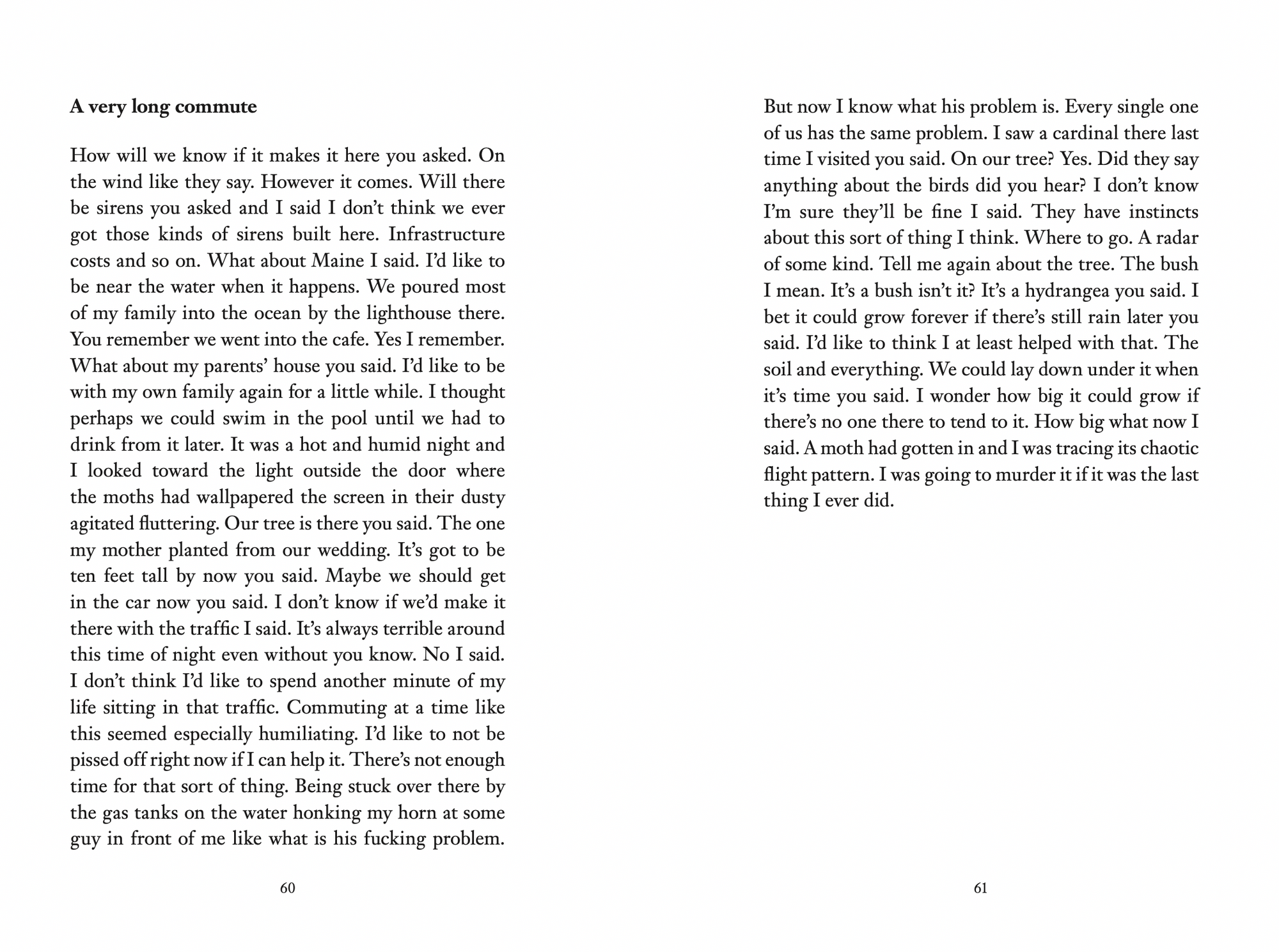
Luke's run-on immediacy and juxtapositions are as smoothly jarring as our dying world's bruised heart. Its beating is revealed, everywhere. Liminal echoes inside the normal. Reminds me a little of Barry Yourgrau. @lukeoneil47 https://t.co/Rg3uafJQJH pic.twitter.com/NYX5EXylXA
— dex3703 (@dex3703) May 16, 2023
A couple of years ago New York Magazine asked me and some other people what our favorite newsletters are. It didn't take much thinking for me to answer. It's The Free Press by Bari Weiss.
Kidding. Kidding. Here's what I said.
“I’m not in recovery, although as someone who has lived through, and lives with, whatever-you-got in terms of addictions, I find A.J. Daulerio’s The Small Bow to be an extraordinarily great resource that also happens to be beautifully written. Kind of like reading ahead on the syllabus for a test I’m going to have to take later on in the semester.”
A.J. had some very nice things to say about me and the new book in Monday's edition of The Small Bow. (There will be a second part out tomorrow).
In it he reprinted my old essay about thinking about maybe someday quitting drinking. It's one of the best things I've ever written I think (?)
Sometimes I talk to my friends who are sober the same way you would when someone has just gotten back from a vacation to somewhere cool you’ve always wanted to go. Oh wow, what was Japan like? And they tell you how great it is, and you say you definitely are going to go someday, but you know you probably won’t, but you say it anyway.
Sadly that never ended up happening. Sorry for letting everyone down. One of these days I suppose. Maybe tomorrow. Tomorrow is definitely on the table.
Read it here. I can't recommend subscribing to The Small Bow enough.
As you may know The Smiths (for better or worse) were one of the most inspiring and influential bands in the formation of my whole deal such as it is. I named my band after a lyric and sang in a The Smiths cover band for a while. I know. I know. So it's with a heavy heart that I note the passing of bassist Andy Rourke.
It is with deep sadness that we announce the passing of Andy Rourke after a lengthy illness with pancreatic cancer.
— Johnny Marr (@Johnny_Marr) May 19, 2023
Andy will be remembered as a kind and beautiful soul by those who knew him and as a supremely gifted musician by music fans.
We request privacy at this sad time pic.twitter.com/KNehQxXoFz
I know that the thing about The Smiths is supposed to be how miserable all of the fans are sitting around weeping and passing out from the vapors and so forth but for me a huge part of it was always the joy and exaltation of the music. I spent so many years of my young life dancing together with friends at parties like The Pill in Boston and Tiswas in New York etc losing our minds to The Smiths on the dancefloor. A lot of that was thanks to Andy.
Listen to that. Are you not compelled to move?
On a song like this it's hard not to focus on Johnny's riff but listen to what the bass is doing carrying its own melody along.
I had the chance to interview Rourke about ten years ago. It went in part like this:
...On top of that he hosts a weekly radio show on East Village Radio, also called Jetlag, and has a TV show in the works where he'll interview younger bands. Do they look up to him?
“I'm like the Godfather,” he jokes. “Anybody can go interview a band, but they give me a little bit more attention because of my history,” he says. “I'm not domineering or anything like that. Hopefully I don't scare them... They don't give me flippant answers, they give me the real answers, which is nice.”
Speaking of that history...
“Are you going to ask me if the Smiths are going to reform?” he says. One knows better than to still be holding out for that. Still though, he has to be happy that people care about something he was a part of decades ago. “It's great that people are still excited. It's a real compliment. It's like a mold that's growing on people, they seem to like it more and more. Bands from the eighties just disappeared into dust, but more and more people keep talking about us, which is great. I'm very humbled by that. I love it.”
Rest in peace Andy Rourke. The first of the gang to die.
